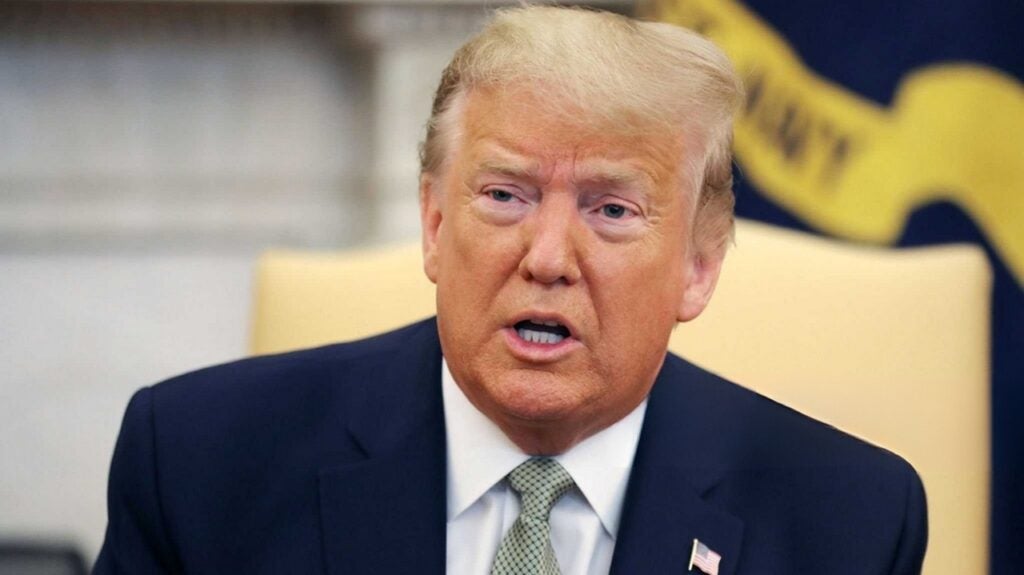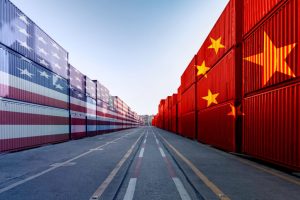
The U.S. markets faced a severe downturn as tensions between the U.S. and China escalated following the announcement of new tariffs by President Donald Trump.
What Happened: The stock market experienced a significant downturn on Friday, with S&P 500 companies losing $5 trillion in value since Trump announced extensive tariffs on Wednesday, according to a report by Reuters.
The Nasdaq confirmed it was in a bear market, dropping over 20% from its record high. Oil and other commodity prices also saw a sharp decline. This $5 trillion loss marked a record two-day drop for the S&P 500, surpassing the $3.3 trillion loss in March 2020 during the pandemic, as per LSEG data compiled by Reuters.
In response to Trump’s tariffs, China announced additional levies of 34% on U.S. goods, heightening fears of a global trade war. Trump imposed a 10% tariff on most U.S. imports, with higher levies on several countries, creating the steepest trade barriers in over a century.
All three major U.S. stock indexes faced their largest weekly percentage losses since March 2020. The Cboe Volatility Index surged to its highest level since April 2020.
Federal Reserve Chair Jerome Powell commented on the unexpected size of Trump’s tariffs, predicting higher inflation and slower growth. Meanwhile, JP Morgan increased its recession forecast to a 60% chance by year-end.
Why It Matters: The announcement of reciprocal tariffs by President Trump on April 2, 2025, marked a significant shift in U.S. trade policy. Described as “our Declaration of Economic Independence,” the tariffs aimed to rebalance trade relationships by imposing duties on imports from key partners.
The immediate impact was a massive sell-off in global markets, with Wall Street erasing $2 trillion in market cap on Thursday. Major companies like Apple Inc. AAPL and Nvidia Corp. NVDA experienced substantial losses, reflecting investor concerns over the potential for a prolonged trade war.
Despite a strong U.S. labor market, with 228,000 jobs added in March, the fear of escalating trade tensions overshadowed positive economic indicators. The tariffs have been likened to the Smoot-Hawley Tariff Act of 1930, which worsened the Great Depression, raising concerns about the global economic outlook.
Read Next:
Disclaimer: This content was partially produced with the help of AI tools and was reviewed and published by Benzinga editors.
Photo courtesy: Shutterstock
Momentum66.94
Growth94.86
Quality97.08
Value7.36
Market News and Data brought to you by Benzinga APIs
© 2025 Benzinga.com. Benzinga does not provide investment advice. All rights reserved.
